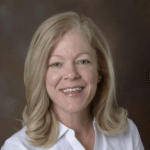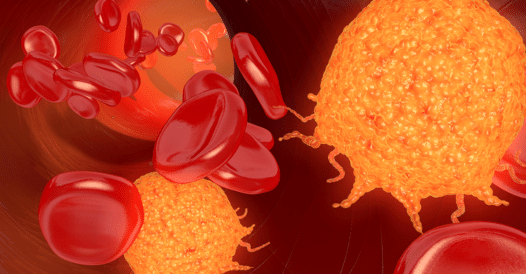
This CEC Oncology ONS Chapters Series is targeted to oncology nurses and advanced nurse practitioners serving as part of an interprofessional healthcare team providing care for pediatric and adult patients with acute lymphoblastic leukemia (ALL) and lymphoblastic lymphoma (LBL).
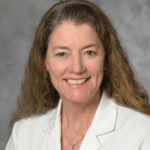
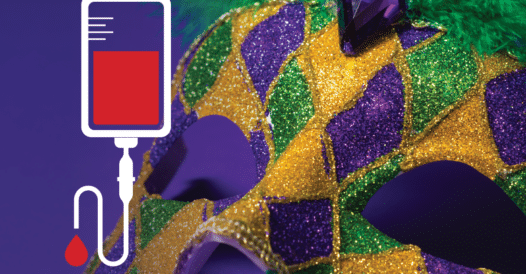
This activity will take learners on a deep dive into the pathophysiology of proteinuric glomerular disease, with an incisive focus on IgA nephropathy (IgAN). Expert faculty will review the totality of emerging evidence for novel therapeutics in IgAN, including an appraisal of consensus guidelines and regulatory updates. Finally, the session will conclude with a case-based segment wherein attendees will get to apply the principles they’ve learned to real-world clinical scenarios.
This activity is no longer available for credit.

The treatment landscape for CLL has changed dramatically in the past 10 years. With three approved BTK inhibitors, and several more on the horizon, choosing which agent to use in the first-line continues to present a challenge to hematologists/oncologists and care teams. As the choice of first-line agent has ramifications for future lines of therapy, hematologists/oncologists need to be able to map out the treatment journey while keeping in mind that therapy resistance or intolerance may arise and that AEs may diminish adherence to therapy.
In this Creative Educational Concepts Enduring Webcast, expert faculty will guide learners through the latest clinical data that informs best practices (including sequencing BTKis), the rationale and support for combination therapies, and the need to factor in the needs and preferences of patients.
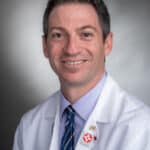
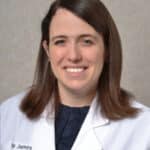


In this 60-minute program, expert faculty will review CA-VTE risk factors and management strategies, discuss optimal anticoagulation therapy selection and guideline adherence, and explore approaches to working with multidisciplinary teams. Clinicians can expect to gain valuable insight that will help them understand and overcome barriers to adequate anticoagulant therapy for patients with cancer.

In this CE Concepts recorded Grand Rounds, expert faculty examine the evolving treatment landscape for advanced cervical cancer and discuss how they develop individualized treatment plans that apply current guideline recommendations, consider new treatment methods, and respect the unique needs of each patient.
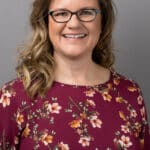


In this Creative Educational Concepts (CEC) webcast, expert faculty will discuss strategies for differentiating patient- and disease-specific variables that inform CLL treatment selection, developing plans for managing new AEs, and addressing patient-related treatment barriers to improve adherence to CLL therapy.
